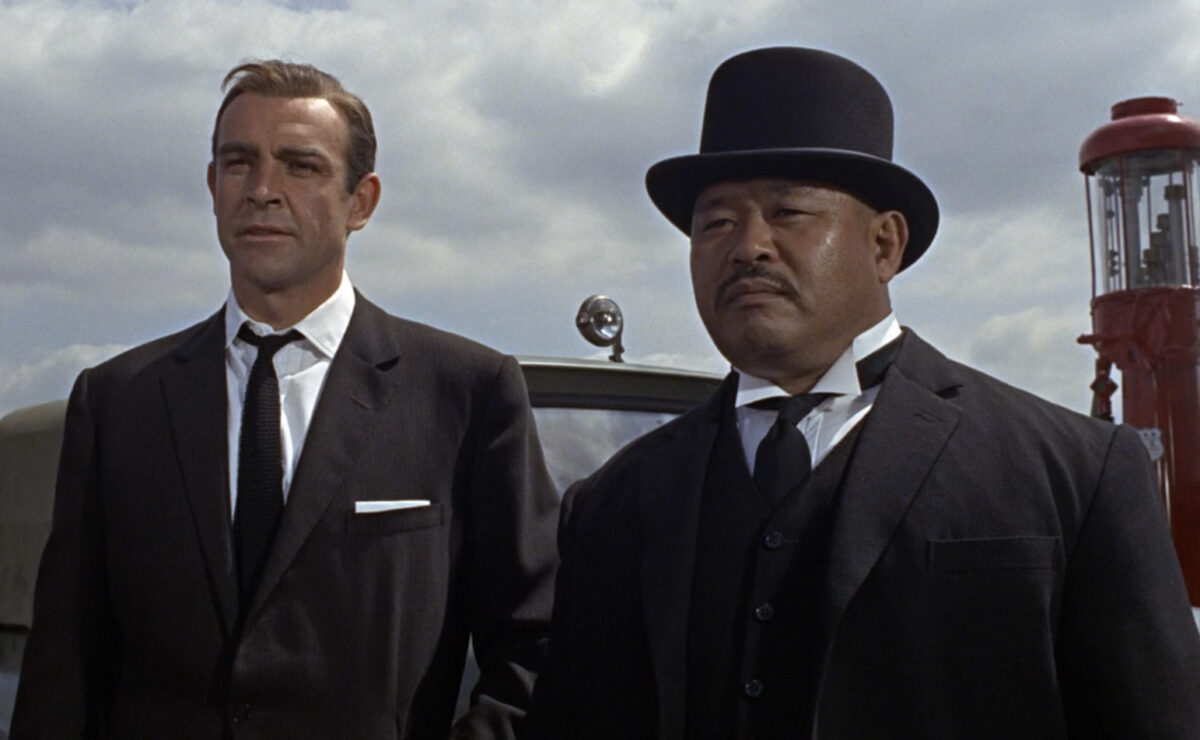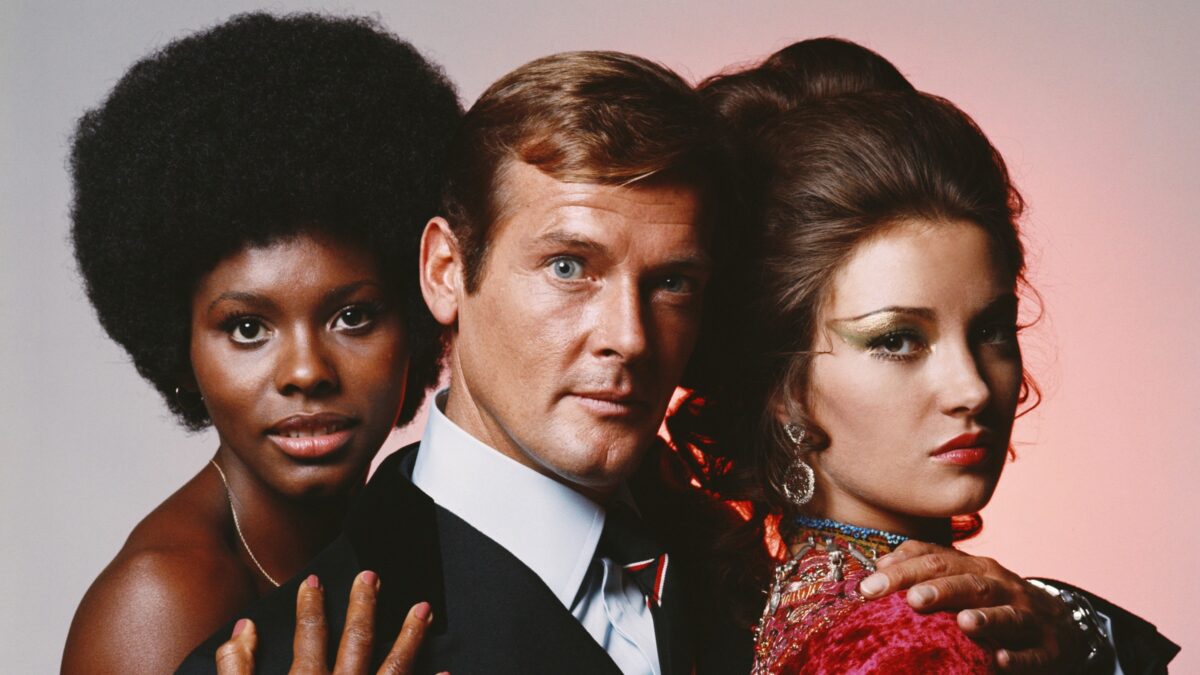Last week, controversy arose over the decision to rewrite Roald Dahl’s entire bibliography to expunge potentially offensive content and make the work more inclusive and accessible to a modern audience. This week, publishers of the James Bond novels have announced a similar plan for Ian Fleming’s now-iconic body of work.
The decision to review a number of classic texts by British author Roald Dahl – removing a number of references to weight, mental health, violence, and gender – sparked a furious cultural debate about whether such changes compromise the integrity of Dahl’s work or even qualify as full-blown “censorship”, a view espoused by superstar novelist Salman Rushdie.
With the dust barely settled from this last literary scrap, publishers of Ian Fleming’s iconic James Bond novels have announced a similar rewriting of his books ahead of the 70th-anniversary reprint of the Bond debut, Casino Royale.
In contrast to the pretty comprehensive changes to Dahl’s work, the edits to the Bond novels focus almost exclusively on the problematic descriptions regarding race.
Prior to the author’s death in 1964, Fleming himself approved the removal of repeated N-words in Live and Let Die. The word was replaced with ‘Black person’ or ‘Black man’, and a number of other racially problematic passages were toned down.
However, this first pass failed to expunge a great deal of derogatory language from the wider series: the Korean henchman Oddjob has a number of disparaging remarks thrown his way, homosexuality gets labelled a “stubborn disability”, and Fleming seems to take a little too much enjoyment from “the sweet tang of rape”… Ooft.

The publisher had this to say on the more recent batch of changes: “We at Ian Fleming Publications reviewed the text of the original Bond books and decided our best course of action was to follow Ian’s lead.”
“Following Ian’s approach, we looked at the instances of several racial terms across the books and removed a number of individual words or else swapped them for terms that are more accepted today but in keeping with the period in which the books were written.”
Ian Fleming Publications
Further edits included the removal of all references to ethnicity in Thunderball (1961), Quantum of Solace (1960) and Goldfinger (1959).
Further changes to Live and Let Die included altering Fleming’s descriptions of Africans working in the gold and diamond trade: “pretty law-abiding chaps I should have thought, except when they’ve drunk too much” has become “pretty law-abiding chaps I should have thought”.
RELATED: Avatar Director James Cameron Thinks James Bond Is A ‘Scumbag’
Each reprinted book will also carry the following disclaimer: “This book was written at a time when terms and attitudes which might be considered offensive by modern readers were commonplace. A number of updates have been made in this edition, while keeping as close as possible to the original text and the period in which it is set”, according to The Telegraph.

It remains to be seen whether these changes incite the same kind of uproar seen in the wake of changes to Dahl’s work. Especially in regards to the wider free-speech conversation that consumes much of the discourse both online and off.
RELATED: Sorry James Bond, Austin Powers Is Better
In fact, these discussions have even reached the highest offices in the land. In response to the changes in Dahl’s novels, a spokesperson for British Prime Minister Rishi Sunak made the following statement: “When it comes to our rich and varied literary heritage, the Prime Minister agrees with the BFG that we shouldn’t gobblefunk around with words,” going on to pointedly add:
“I think it’s important that works of literature and works of fiction are preserved and not airbrushed. We have always defended the right to free speech and expression.”
A spokesperson for Rishi Sunak
There’s a lot of money in Roald Dahl’s books and the movies they’ve inspired, but the Bond franchise is one of the most successful ever created, grossing a combined $7.8 billion USD to date.
WATCH our bets on who’s likely to be the next James Bond below.
It’s also worth pointing out that the content they’re looking to change in the Bond books is much more offensive than what was changed in the Dahl books; calling women fat or ugly is one thing but out-and-out racism is another.
The question of whether these types of changes should become more commonplace is one of intent: are the changes genuinely being made for the purpose of making the books more inclusive, or is it a more cynical future-proofing tactic to ensure the continued profitability of the franchise?
We may never know the answer, but if “airbrushing” historical cultural touchstones that – for better or for worse – unashamedly portrayed the time and place of their creation is set to become the norm, it’d be nice to know that there was a little more to it than a pocket-lining PR exercise.The post James Bond Books To Have Racist Content Removed, Just Like Roald Dahl appeared first on DMARGE.
0 Commentaires